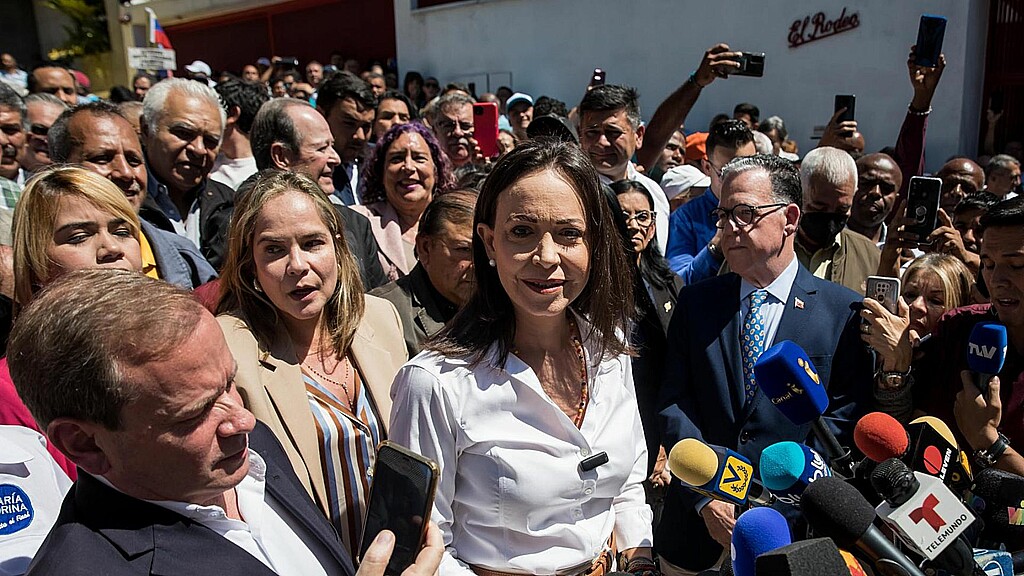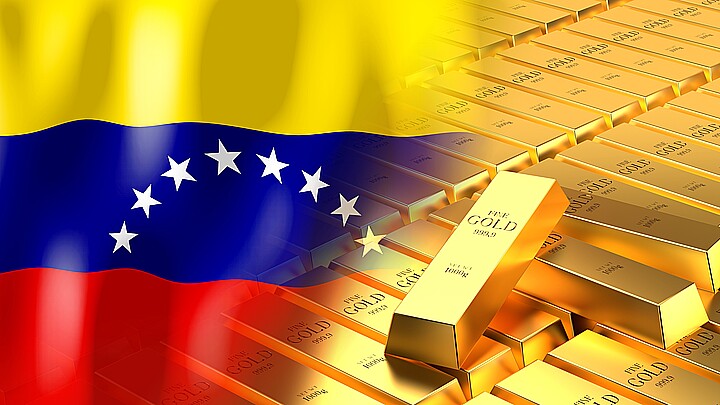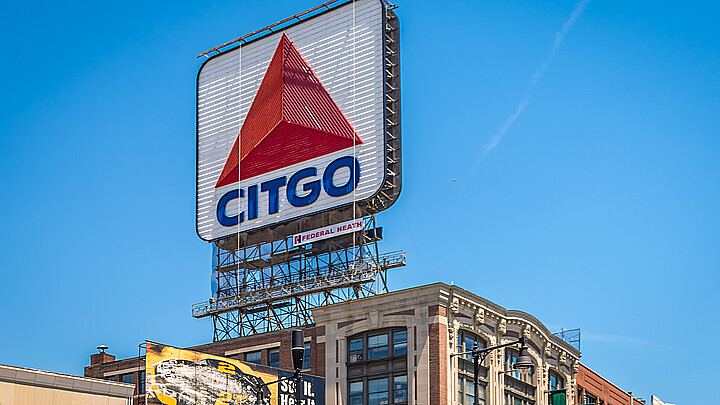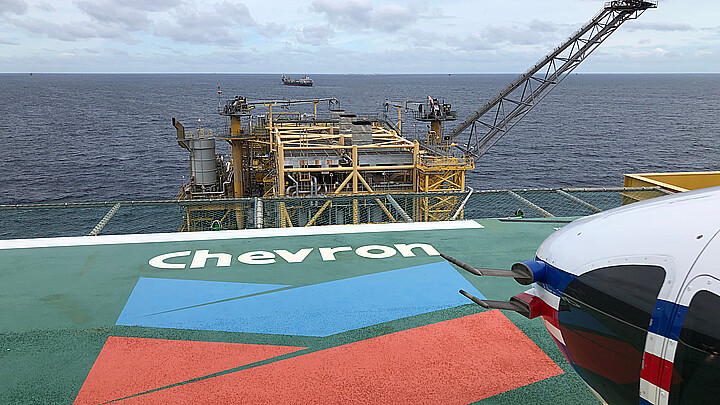Business
U.S. threatens to renew oil sanctions against Venezuela after banning opposition leader from presidential election
María Corina Machado handedly won an October primary and is the opposition’s “unity candidate” to challenge Nicolas Maduro in the upcoming 2024 presidential election

January 31, 2024 7:00am
Updated: January 31, 2024 7:00am
The United States has threatened to renew sanctions it previously lifted against Venezuela's oil sector, just days after the communist country’s Supreme Court refused to overturn a ban against opposition leader and presidential candidate María Corina Machado.
Machado has widely been recognized as Juan Guaido’s successor and has rallied support from a coalition of opposition organizations throughout Venezuela. Last year, she handedly won an October primary and was named the opposition’s “unity candidate” to challenge Nicolas Maduro in the upcoming 2024 presidential election.
Last week, ADN reported that her campaign raised concerns that the Maduro regime had kidnapped two of its campaign managers and vandalized 10 of its offices throughout the nation.
The regime also reportedly arrested Machado allies during its recent standoff with Guyana, accusing them of taking part in a “transnational conspiracy.”
While Machado’s popularity has been surging across the South American country, the Venezuelan Supreme Court of Justice (TSJ) implemented a 15-year disqualification against her, effectively banning her from seeking the presidency for more than a decade.
The Court’s decision, which is widely viewed as an extension of Maduro’s will, evoked a negative response from the Biden administration this week. During a White House press conference with National Security Council Coordinator for Strategic Communications John Kirby, the countdown is on to reinstate oil sanctions against Venezuela.
“The Maduro regime, when they signed an — signed on in October down in Barbados, made some commitments about opposition political parties, about free and fair elections, and what all that meant, and they haven’t taken those actions,” Kirby told the White House press corps.
“Now, accordingly, they got until April to do so, so we have options available to us. I’m not going to preview any of those at — at this time. But we certainly have options, with respect to sanctions and that kind of thing that — that we could take. They — they’ve got until April. They need to make the right decisions here and allow opposition members to run for office and release the political prisoners that they’re holding right now.”
Maduro officials responded Kirby’s comments implying the U.S. would reinstate sanctions as “rude and improper blackmail.”
The U.S. sanctions against Venezuela’s oil industry were imposed by the Trump administration in 2019 after Maduro was sworn in for second presidential term, a victory heralded by many as a rigged election.
In an attempt to push the communist dictatorship toward free and fair elections later this year, the U.S. eased sanctions in October, a deal that was struck in Barbados and orchestrated by CARICOM, an intergovernmental community of 15-member states throughout the Caribbean.
As part of the deal, the U.S. issued a license temporarily permitting the U.S. to once again trade with Venezuela’s oil and gas industry but warned that the sanctions would remain off the books if the Maduro regime “met its commitments under the electoral roadmap.”
One of those critical conditions was permitting opposition candidates, particularly María Corina Machado, to run for office without interference.
Jorge Rodríguez, a close ally of Maduro who represented the regime at the CARICOM negotiations, said Maduro upheld its commitments.
“Those who wanted to appeal appealed and also pledged to respect the outcome,” he said. He further warned if the U.S. reinstates the sanctions, Caracas will respond with hostility.
"We are very attentive to the actions taken [in Washington] in the coming days that may be considered aggressive towards the rights this country has to live in peace, to progress, and to have all unilateral coercive measures lifted,” Rodriguez said. “If there is any aggressive action, our response will be severe, reciprocal and energetic.”
Venezuela’s oil license is currently set to expire on April 18. The U.S. has made clear it expects “political progress” in the South American country’s election system, and the White House has been using the right of opposition candidates to campaign as a litmus test.
Maduro’s second in command, Vice President Delcy Rodríguez dismissed Kirby’s comments as political “blackmail” and retaliated with a threat to stop receiving migrant flights from the U.S. should the American superpower revoke the Venezuelan oil license.
As part of the negotiation, the communist country, which has been suspected of fueling the mass exodus of Venezuelans heading toward the U.S. southwest border, agreed it would start taking migrants back via deportation flights from the U.S.
For its part, the United States has also threatened to reinstate sanctions against Venezuela’s state sponsored gold mining company, which is a critical source of foreign currency for Maduro’s communist regime.
Maduro has targeted Machado ever since she won a celebrated victory in the opposition’s coalition primary back in October. She garnered 92.35% of the vote signaling her ability to unite a democratic challenge to Maduro.
She has warned that the coalition is “going to win” and added that Maduro “must prepare to lose,” making clear her intention of ensuring her country sees a free and fair election.
U.S. State Dept. spokesman Matthew Miller said that the Venezuelan Supreme Court ruling “is inconsistent with the commitment of Nicolás Maduro's representatives to hold competitive elections.”










